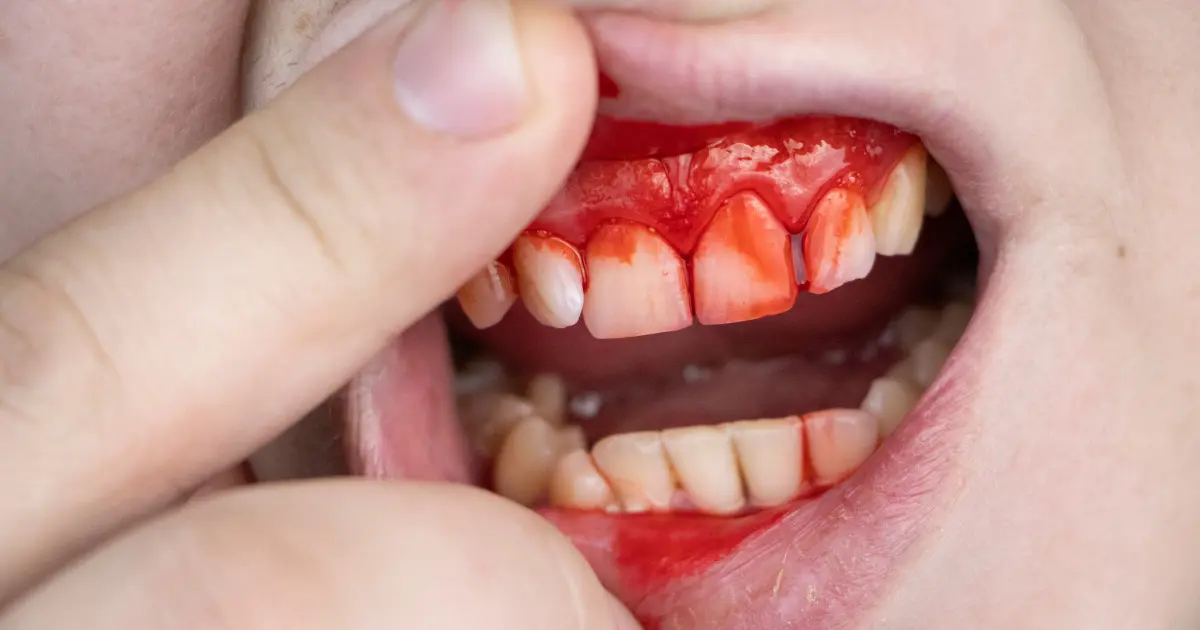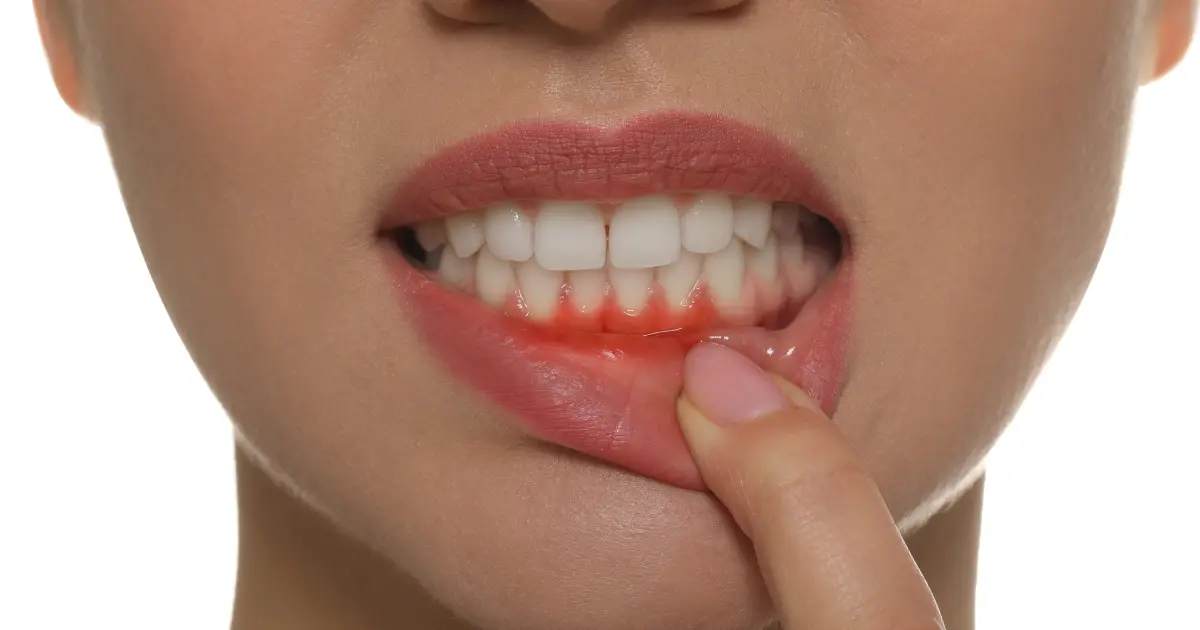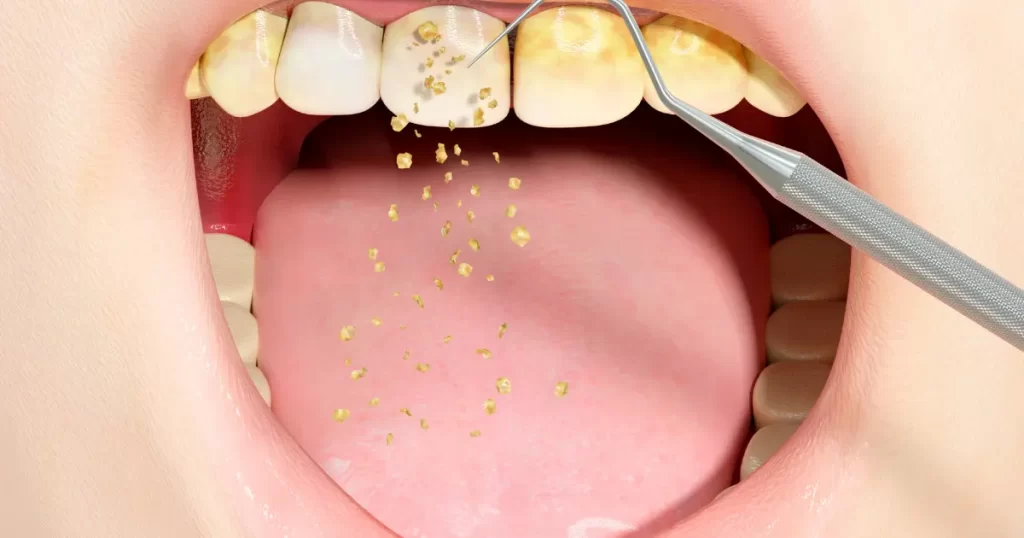There are millions of bacterial cells in our lips; some are healthy, while others can be quite destructive. Bacteria are simply one of the many causes of dental diseases that can affect various mouth regions.
If periodontal disease has been identified, you must take better care of your gums. This frequent dental issue, also known as periodontal disease, is typically the result of failing to floss regularly. The accumulation of plaque-causing bacteria ultimately results in gingivitis or periodontitis, the first stages of periodontal disease.
You have a dental appointment, and you cannot wait for it to arrive. In the meanwhile, rinsing your mouth with warm water, flossing to eliminate food trapped between teeth, and using an over-the-counter pain killer can be beneficial. If you detect swelling or pus surrounding the tooth, or if you have a fever, you may have an abscess, a more dangerous condition. See your dentist as soon as possible.
Types of Dental Diseases

Most dental diseases are caused by:
- Tooth decay
- Gum disease
- Tooth sensitivity
- Malocclusion
- Oral cancer
- Dental erosion
- Dental plaque
- Dry mouth
The good news is that periodontal disease may be corrected in just a few dentist treatments. Plaque and tartar accumulation around your gums will necessitate extensive dental cleanings. This operation can be uncomfortable for some individuals, although it is often performed in many sessions.
Tooth Decay
These little cavities in your teeth are unfortunate. Plaque, a kind of bacteria that adheres to teeth, causes cavities by gradually eroding enamel, the teeth’s tough outer layer. Adults might also get cavities around the gum line and around the margins of previous fillings. To avoid tooth decay, brush your teeth with fluoride toothpaste at least twice daily, restrict snacking, floss daily, rinse with fluoride mouthwash, and maintain regular dentist checkups. Ask your dentist whether a sealant might help you.
Gum Disease
Gum disease is one of the dental diseases. Are your gums prone to bleeding? Do you observe them separating from your teeth? You may suffer from gum disease. It is caused by the accumulation of plaque, a sticky bacterium, below the gum line. Untreated, it might eventually result in bone loss and shifting or loss of your teeth. This might make chewing and even speaking more difficult. Daily brushing, flossing, and rinsing with an antimicrobial mouthwash, together with regular dental cleanings, will prevent gum disease.
Tooth Sensitivity
Teeth sensitivity is often caused by damaged enamel or exposed tooth roots. Occasionally, however, tooth pain is caused by causes such as a cavity, a cracked or chipped tooth, a worn filling, or gum disease.
Malocclusion
There are many forms of malocclusion, also known as occlusal dysfunction, depending on the direction of tooth alignment. Inverted dental occlusion, or inverted articulated malocclusion, is the most prevalent kind of dental malocclusion. So, their orthodontic treatment might be challenging and costly.
Oral Cancer

Oral cancer affected multiple areas of the mouth, including the throat, tongue, cheeks, and lips. It can go undiagnosed for some time, particularly if you do not visit the dentist every six months as suggested. This condition typically shows as a swelling or tingling sore with a red or white surface, and it can be caused by excessive cigarette usage.
Dental Erosion
Erosion of the teeth is a chemical process characterized by acid dissolving of tooth enamel that does not include bacterial acids. Erosive demineralization can lead to gradual, permanent loss of tooth mineral material, which may be produced by intrinsic (e.g., acid reflux and severe vomiting) and/or extrinsic (e.g., nutritional) causes.
Dental Plaque
Plaque is the white, viscous bacterial coating that accumulates on teeth. It gives the teeth a “fuzzy” sensation to the tongue and is particularly visible when teeth are not cleaned. In addition, a growing body of evidence indicates that the bacteria and inflammation in your mouth are associated with various health issues, including as heart attack and dementia, and may be detrimental to your general health.
Dry Mouth
Dry mouth is frequently caused by the adverse effects of certain drugs, age, or cancer radiation therapy. Infrequently, a disorder that directly affects the salivary glands may produce dry mouth.
What Are the Methods to Prevent Dental Diseases?

You can keep your teeth for the rest of your life. Here are some suggestions for maintaining a healthy mouth and teeth. Consume fluoridated water and fluoride-containing toothpaste. Maintain proper dental hygiene. Also, brush your teeth thoroughly twice day and floss daily to eliminate dental plaque.
Even if you have no natural teeth or dentures, you should still visit the dentist annually. Avoid using tobacco products. If you smoke, quit. Limit alcoholic beverages. So, if you have diabetes, you must maintain disease management. This will reduce the likelihood of other dental diseases, including gum disease. The treatment of gum disease may help reduce blood sugar levels.






